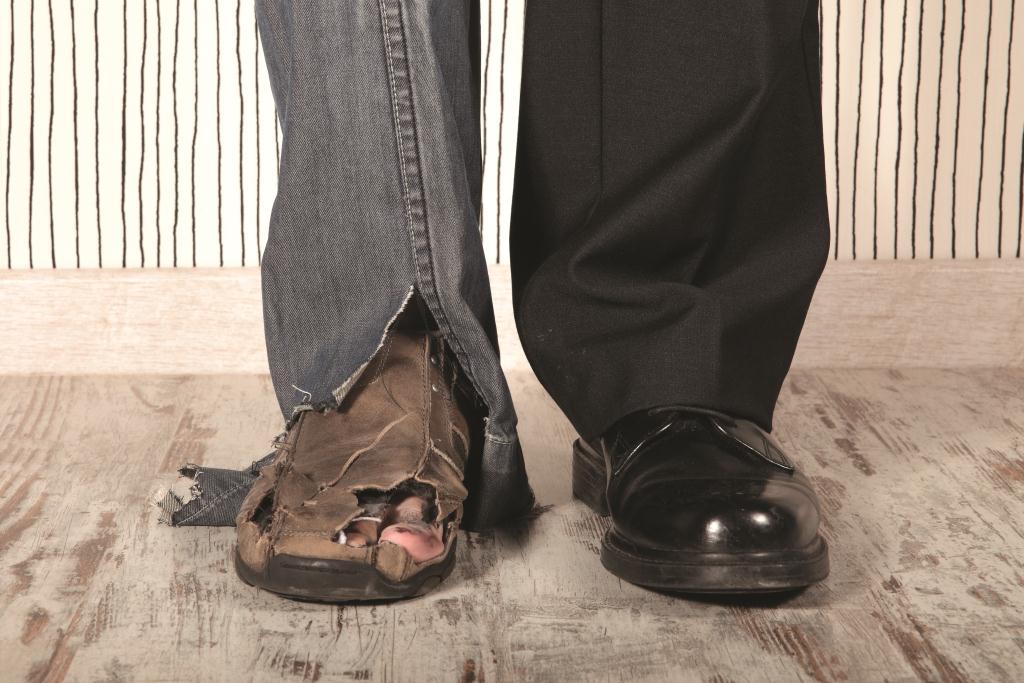What happens when the world’s mighty ratings agencies downgrade your country to a non-investment grade, the dreaded so-called junk status?
High interest rates, slow growth, capital flight and inflation are some of the problems that come with a downgrade; in short, everyone from a street vendor to a corporate executive will feel the pinch.
So how does a downgrade happen?
“Ratings agencies analyse a sovereign’s performance over past economic and political cycles, as well as factors that indicate greater or lesser economic flexibility in future economic cycles, to determine the country’s creditworthiness,” says Gardner Rusike, Sovereign Credit Analyst at Standard & Poor’s, one of the three big agencies.
“Sovereign ratings can improve when a ratings agency takes a forward looking opinion that an individual country has a willingness and ability to service its debt on time and in full.”
Loading...
Ratings agencies, Standard & Poor’s (S&P) and Fitch have South Africa at BBB–, a notch above sub-investment grade, while Moody’s has the country two notches above.
Most economists say, for South Africa, junk status is a when and not an if. But for now finance minister, Pravin Gordhan, says the country is breathing thanks to Moody’s and its two notches.
“We live in a very volatile world and for us this is coupled by our own structural concerns. We should make the right noises, building consensus and confidence to attract investment from both South Africans and international investors,” he says.
Moody’s issuing South Africa’s Baa2 long-term government bond, in May, says the first driver for the confirmation was the agency’s expectation that South Africa’s economic growth will gradually strengthen after a trough this year, as the various supply-side shocks, that have suppressed economic activity since 2014, recede.
The other two agencies, Fitch and S&P are expected to report on their ratings in June.
Professor Jannie Rossouw, Head of the School of Economic and Business Sciences at the University of the Witwatersrand, says junk status for South Africa was not necessarily inevitable.
“Politicians have a tendency to make reckless statements in an election year. As for South Africa, it matters what will happen in the forthcoming municipal elections and how the Independent Electoral Commission will conduct the August 3 municipal polls. We also need the right policies, such as on immigration, media freedoms, as investors require information to make investment decisions,” says Rossouw.
Hanns Spangenberg, Senior Economist at NKC African Economics, says while a drop to junk status could have significant implications for the South African debt market, much of the damage has already been done.
“In fact, according to our model, South African bonds (rated BBB-) are currently priced between a BB+ and a BB-rated bond (i.e. one to two notches lower than its actual rating). This indicates that a downgrade to junk status has already been priced in,” he says.
He says it may not be that bad.
“While a downgrade will probably have some effects, we do not anticipate massive capital outflows from South Africa if the country’s rating is downgraded to junk status, not as a direct result of the downgrade, and not significantly more than the emerging market sphere is already facing this year.”
Rossouw says South Africa needs decisive government action.
“There has been some actions from the government that could trigger ratings downgrade, this include the cabinet reshuffle of 9 December, 2015 (when the country had three finance ministers in four days). We can’t afford such irresponsible actions. Government should stick to its budget and should not borrow more than what is budgeted for.”
South Africa’s Deputy President, Cyril Ramaphosa, warns of hard times if there is a downgrade.
“South Africans have taken the bull by the horns and they are doing as much as possible to try to move the needle in the right direction. We should not be downgraded. We are very positive and robust, clearly we are doing as much as we can,” Ramaphosa told Eyewitness News.
If downgraded, South Africa will join Russia, Brazil, Bulgaria, Greece, Indonesia, and Turkey. It will mean these countries – facing economic headwinds and struggling to lure investment – will have a new competitor from the southernmost tip of Africa.
Loading...
